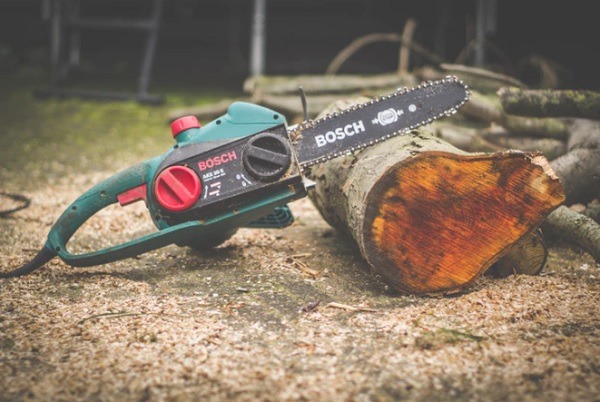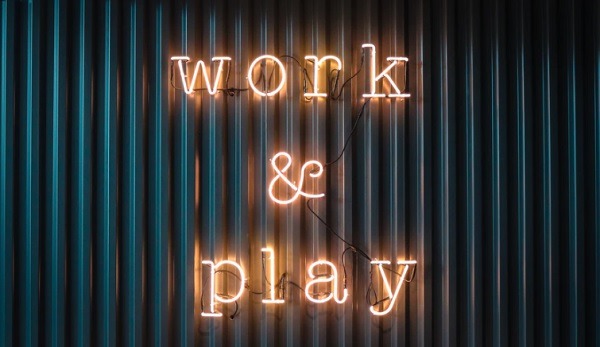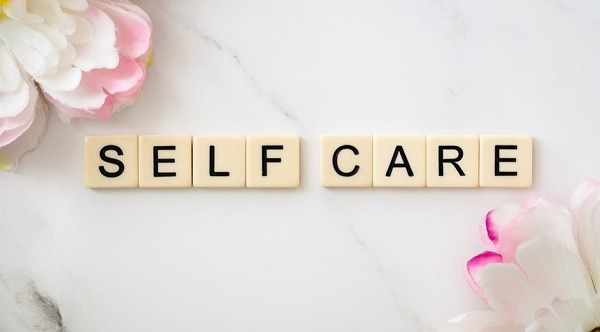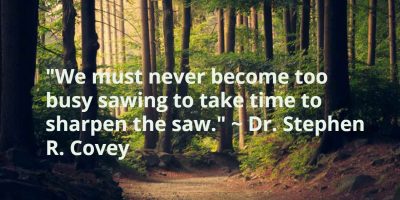In Stephen Covey’s popular book, “The 7 Habits Of Highly Effective People,” he explores seven important habits. The seventh is “sharpen the saw.” It may sound like just a silly lumberjack analogy, but it’s one of the most important habits. Without it, it’s difficult to do anything else. At its core, it’s all about focusing on what’s most important – yourself.
Why “Sharpen the Saw”
Why didn’t Covey call it “self-care” or just “make yourself a priority”? In his book, he discusses this habit by starting off with a simple story. In it, a person meets someone working hard to saw down a tree in the woods. They say they’ve been at it for five hours and are exhausted.

The newcomer suggests taking a break and sharpening the saw to make the job easier – hence the phrase. Of course, the lumberjack says they don’t have time to do that with so much work to do.
But, it’s more than that. In life, you have various tools to get jobs done. The most important is you. You’re the saw that you use throughout your life. If you don’t take time to sharpen it, it gets dull. When the saw’s dull, you have to work twice as hard to get half as much accomplished.
Working Smarter, Not Harder
There are two lessons to this lumberjack analogy. The first is to work smarter, not harder. If the lumberjack had sharpened their saw first, they wouldn’t have spent five hours cutting down a tree, but it’s hard to see that at first. Instead, the instinct is to just power through. As a result, you don’t think you have time to do a job or task any other way.

Sadly, all the available technology at our disposal has made it even more difficult to work smarter. The always on culture means spending time treating every minor task as a major priority, which leads to overworking, difficulties staying focused, and far less productivity.
In Tim Ferriss’s “The 4-Hour Work Week,” he drives this point home. Getting more done in fewer hours gives you more time off to focus on yourself. It’s a smarter way to work. Smarter doesn’t mean doing more work. It just means being far more efficient at it so you work fewer hours and don’t completely burn yourself out.
Hard workers have great intentions. But as several productivity speakers and coaches explain, you need downtime. Melissa Gratias says, “Working smarter is the pursuit of productivity coupled with a respect for downtime and rest.” And that, is exactly right.
Focusing on Yourself
The second lesson to take away from “sharpen the saw” is to focus on yourself. You may also call this self care. However, Covey takes it a bit deeper for a more well-rounded variety of self care than what many people may be used to.

Think about how often you feel tired, grumpy, scatter-brained, and generally blah. Yes, you could just try to yell at yourself and force yourself to work. You’ll get stuff done, but not as much as you want. Plus, the quality usually suffers, too.
What if you took a moment to make yourself feel better first? Imagine if instead of spending hours slogging through your day, you spent 30 minutes to an hour focused on you. You’d feel more alert and focused. You’d tackle your tasks quicker and more efficiently without trying to find a zillion ways to procrastinate in between. That little bit of time saves you hours later and makes your tasks a little easier.
Sharpen the saw, and you’ll be more productive. It’s that simple.
Balancing the Saw
Yes, you’re supposed to sharpen the saw, but you need to sharpen it evenly. This creates a balance. After all, if only part of your saw is sharp, it’s still not working as well as it should.

Covey lists four dimensions as part of the sharpening habit:
- Physical – Exercise, sleep, eat right, get massages, take cold showers, etc.
- Spiritual – Pray, journal, meditate, practice gratitude, walk in nature, etc.
- Emotional/Social – Spend time with loved ones, meet new people, play sports, eliminate toxic people, cultivate strong relationships
- Mental – Take classes, read important books, go to museums, listen to educational podcasts, continue learning and stimulating your mind daily
These four areas are connected. When you focus on all four, you create a more balanced life. If even one is neglected, it can negatively affect the others.
Make a short list of two or three things you can do every day to focus on these four areas. You can even use Pomodoro timers to make time just for you. It may take time to find the right combination that fits your schedule, but as you do, you’ll discover you feel better and will accomplish more throughout your day without feeling drained at the end.
